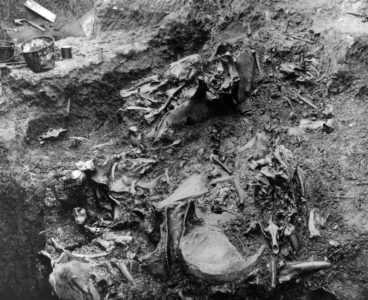
Ultrasound Could Improve Early Detection of Vascular Diseases
Research Finds New Way to Determine Protection of Men B Vaccine Against Different Strains
Scientists Discover One of the Most Luminous ‘New Stars’ Ever
Astronomers have today announced that they have discovered possibly the most luminous ‘new star’ ever – a nova discovered in the direction of one of our closest neighboring galaxies: The Small Magellanic Cloud. Astronomers from the University of Leicester contributed to the discovery by using the Swift satellite observatory to help understand what was likely…
Scientists Investigate Link Between Air Pollution and Type 2 Diabetes
Study Brings Hope of New Treatment for Asthma Sufferers
Researchers Put Single Molecules in Super-Fridge
An international team of researchers led by the University of Leicester has for the first time observed how a single two-atom-large molecule rotates in the coldest liquid known in nature. The team consists of researchers from the Department of Physics and Astronomy at the University of Leicester, the Centre National de la Recherche Scientifique (CNRS),…
New Approach for Screening Toxic Chemicals Mimics Mammal Senses
University of Leicester researchers have developed a new approach for analysing toxic chemicals in complex samples that mimics the way mammals smell and taste. The technique could reduce the need for laboratory animals in biomedical research and other areas of chemical testing. In the study a fluorescent assay combines a mixture of environmental-sensitive fluorescent dyes…
Discovery Sheds Light on How Vertebrates See
New research led by the University of Leicester has overturned a long-standing theory on how vertebrates evolved their eyes by identifying remarkable details of the retina in the eyes of 300 million year-old lamprey and hagfish fossils. The study, published in the journal Proceedings of the Royal Society B, led by Professor Sarah Gabbott from the…
Cave Discoveries Shed Light on Native, European Religious Encounters
A project led by archaeologists from the British Museum and the University of Leicester has discovered remarkable evidence which shows how the first generations of Europeans to arrive in the Americas engaged with indigenous peoples and their spiritual beliefs deep inside the caves of a remote Caribbean island. Recent fieldwork by a collaborative Anglo-Puerto Rican team…








